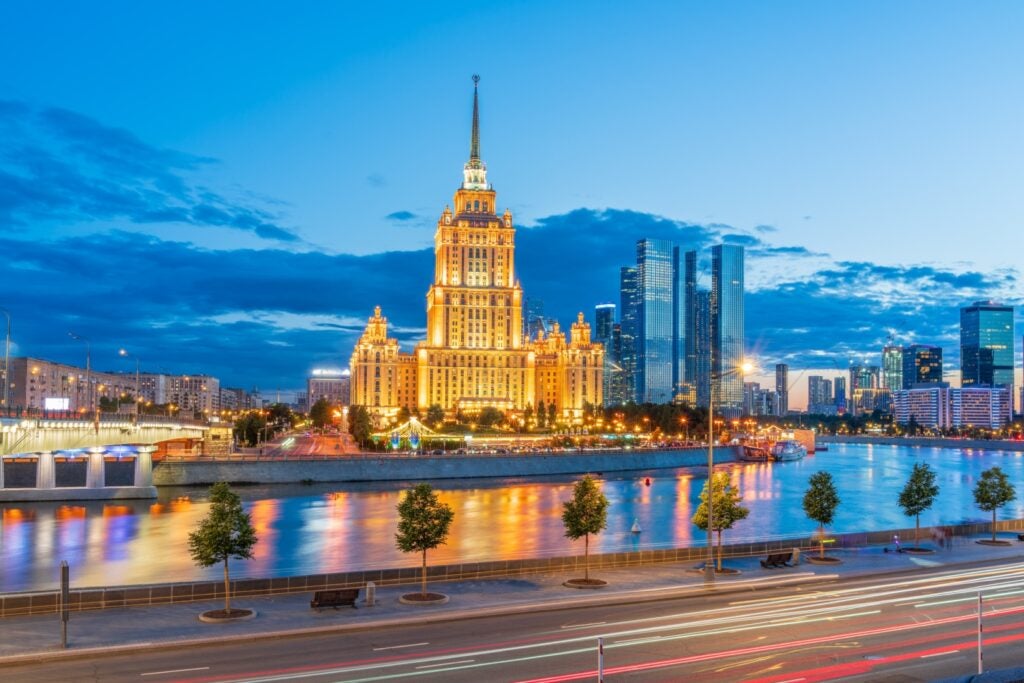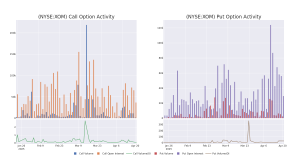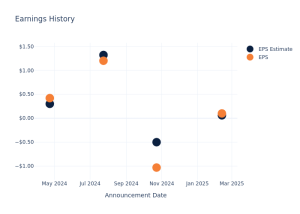
In a move that could potentially strain U.S.-Russia relations, an American company, seized by the Kremlin, is reportedly set to supply food to the Russian army.
What Happened: The company, named Glavprodukt, is the sole U.S.-owned firm that was seized in October and is under state control. This is a development that could impact ongoing negotiations between the two nations to end the war in Ukraine, according to a document seen by Reuters on Thursday. The company was taken over to maintain stable production, including future deliveries to the National Guard and the Russian Defense Ministry.
Glavprodukt was confiscated from Leonid Smirnov, a Los Angeles-based businessman, and is now managed by Russia’s federal property agency, Rosimushchestvo. Russian prosecutors suspect that Smirnov and his companies transferred approximately 1.38 billion roubles ($17 million) out of the country between 2022 and 2024.
Smirnov denies any wrongdoing and claims the lawsuit is a “Russian-style corporate raid” to steal his company. A hearing is scheduled for April 18.
The letter, reviewed by Reuters, also states that Rosimushchestvo appointed a new CEO at the request of Druzhba Narodov, a food supplier linked to Kremlin security forces.
U.S. Secretary of State Marco Rubio has stated that the treatment of Glavprodukt will be part of the discussions about resetting U.S.-Russia relations.
SEE ALSO: Nancy Pelosi Called US-China Trade “A Job Loser:” Old Remarks Reemerge Amid Trump Tariff Push
Why It Matters: This development comes after the United States agreed to restore Russia’s access to the world market for agricultural and fertilizer exports in March in the latest push for a full ceasefire agreement between Ukraine and Russia. The move had a significant impact on several fertilizer stocks and could see Russian oligarchs who faced previous sanctions fighting back for control of their companies.
In May 2024, Russian President Vladimir Putin enacted a law enabling the Kremlin to designate and confiscate U.S.-owned assets and securities as “compensation” for Western-imposed sanctions.
Image via Shutterstock
Disclaimer: This content was partially produced with the help of AI tools and was reviewed and published by Benzinga editors.
Market News and Data brought to you by Benzinga APIs
© 2025 Benzinga.com. Benzinga does not provide investment advice. All rights reserved.


